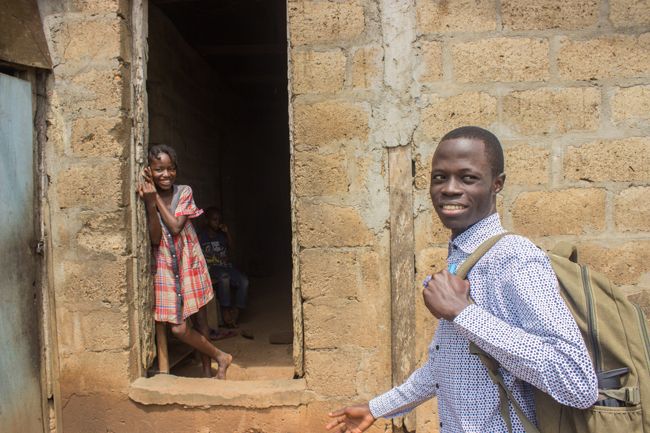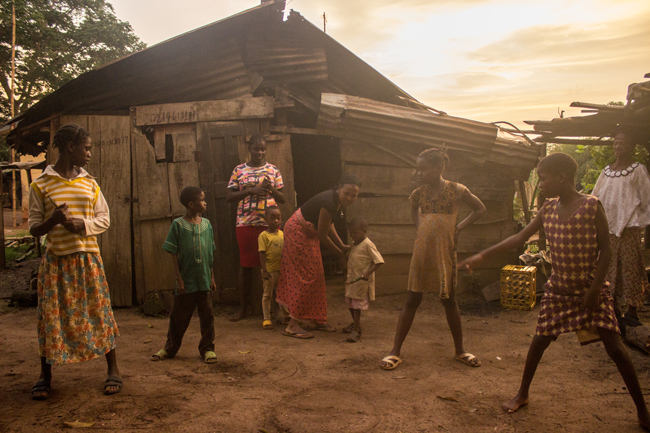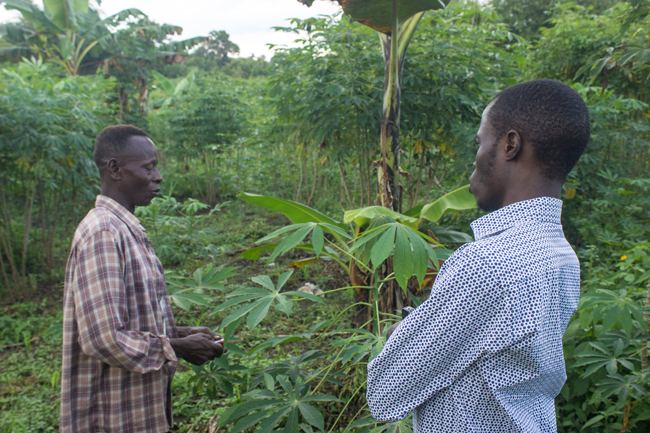Tosin Master's dissertation, Narratives of the Journey to Exile and Transformative Agency of Residual Liberian Refugees in Oru, Southwestern Nigeria, explored how Liberians resident in Nigeria after the termination of their refugee status have fared in the midst of their host community, particularly in being able to create a viable social existence responsive to their current situation of exile and in still in touch with their Liberian heritage in the diaspora they have been able to create. He found that these exiles have transformed their status in being able to make contributions of significance in their host community and environs, indeed refurbishing the ‘former uninhabitable space into a cultural colony and economic hub’, utilizing ‘home-making practices, economic resourcefulness, and diaspora networks which strengthen their influence on the development of their host’.
This dissertation is the runner-up in the fifth Global ‘Border Criminologies Masters Dissertation/Thesis Prize’, awarded by the Border Criminologies network based at the Faculty of Law of the University of Oxford, with support from Routledge. The dissertation/thesis award, is given to ‘two recipient of the Border Criminologies Prize each year. The winner and the runner up will receive £200 and £100 worth of Routledge books. The 5th edition is also the first time the competition was open to graduate researchers from the Global South, and Tosin beats a strong shortlist of 10 others from universities in Europe, Asia, and other African countries
Read here what I wrote about the impact of COVID-19 on residual refugees outside closed camps that was published in the Coronavirus and Mobility Forum of the University of Oxford's Centre of Migration, Policy and Society (COMPAS), United Kingdom.


